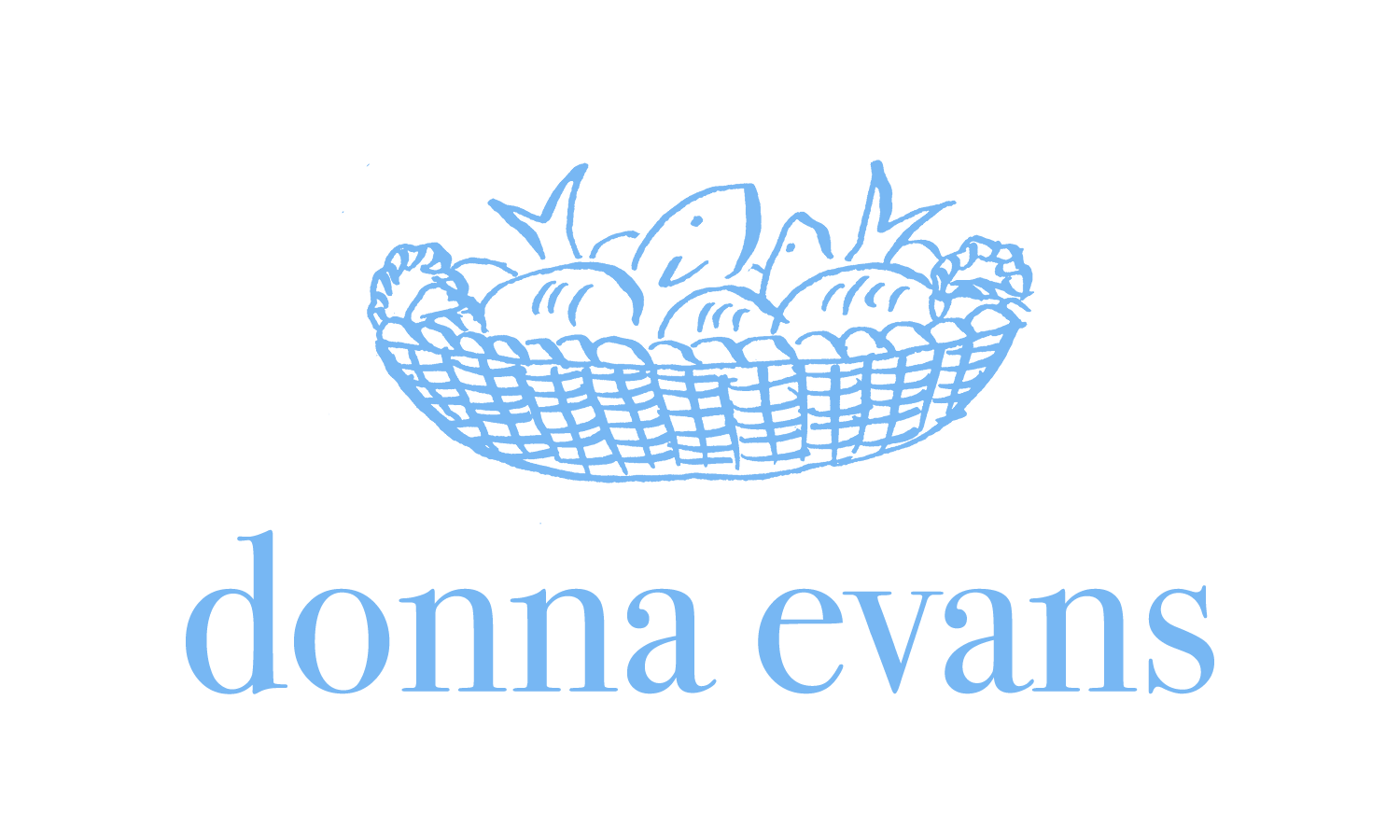3 E’s for Cultivating Community
“Love one another.”
John 13:34 (NIV)
I don’t know about you, but it took less than two weeks of “shelter at home” Covid pandemic quarantine for me to declare, “I miss my people!” And as relieved as I was to return to gathered worship in May, it didn’t take long for me to realize that gathered worship with social distancing just isn’t the same as gathered worship with hugs and handshakes. After weeks of “safer at home” quarantine, I longed for community. Not just any community, mind you; but my community with the Body of Christ at my local church.
Dr. Rene Spitz defines community as "reciprocal rootedness." Community is our desire to connect, to love, and be loved. God created us in His image to have a vertical relationship to him and horizontal relationships with others. All of us long to connect to something or someone. Author John Ortberg writing in his book “Everybody’s Normal Till You Get to Know Them wryly observes, "It is better to eat Twinkies with good friends than to eat broccoli alone."
But how do we effectively create, cultivate, and sustain community?
Throughout the New Testament the Apostle Paul develops the concept of community in his pastoral letters to the early churches. Community is built as we practice the "one another," or mutuality commands. "One another" verses serve as the house rules for the Body of Christ. The mutuality verses provide the New Testament framework that models love turned into action; mitigates the tension between Christians; and mollifies the differences between believers. There are at least 24 "one another" verses scattered throughout the New Testament. These verses include:
Welcome one another
Serve one another
Forgive one another
Comfort one another
Be kind to one another
Encourage one another
But God's #1 mutuality command, repeated over and over throughout the New Testament, is "love one another."
Author Ann Voskamp writes, "Love one another means love the Other. This is about risking and reaching out first to the other- the Other across the chasm that is your table, the Other that is your disagreement, that is your soapbox, that is the debate of the hour, reaching out to the Other across party lines and lines drawn in the sand and crossing the aisle- and serving the Other. This is about mapping out your life so that you take the path that lets you meet and serve "the Other." It's the journey to "Other," to the outsider, to the outlier- that always leads you higher up and deeper in.”
That is what community in the Kingdom of God looks like. People loving others because God loved us first. Loving and fearing God has to affect and influence the care of His people.
Mutuality commands are just that: commands! They are not optional add-ons or ala-carte menu items for Christians. So, who can you love today? Who needs your service, submission, honor, or comfort? Who can you welcome, accept, or greet? Who needs to be taught or admonished? Who needs forgiveness, reconciliation, and restoration of a relationship? Why not love the Other in your life with a phone call, email, card, or meal? As you consider your Fall calendar, how can you effectively engage, encourage, or equip someone else?
If you are looking for a way to get started, why not consider the following ideas?
Write a handwritten note of thanks or encouragement
Call (don’t text) a friend and have a real conversation about life
Pick someone from your neighborhood or church community that you don’t know well and call him or her to ask, “How can I best pray for you?” And then actually pray for them!
Call an older person to check on them, engage in a conversation, and offer to assist them in this present distress. The pandemic has proven to be particularly isolating for the elderly.
The possibilities are endless, but so are our opportunities. By God's grace, may all of us continue to love one another, build the Body of Christ, and cultivate community both for our good and for His Glory.
Engage, encourage, and equip!
Amen and Amen,
Donna


